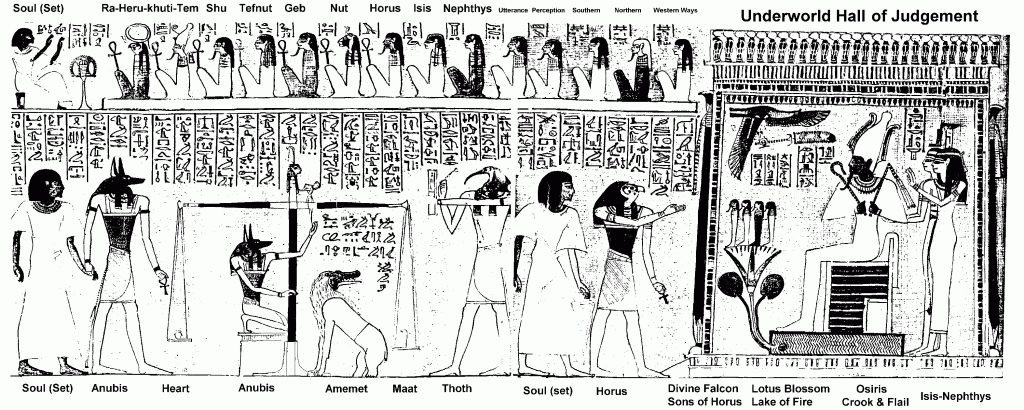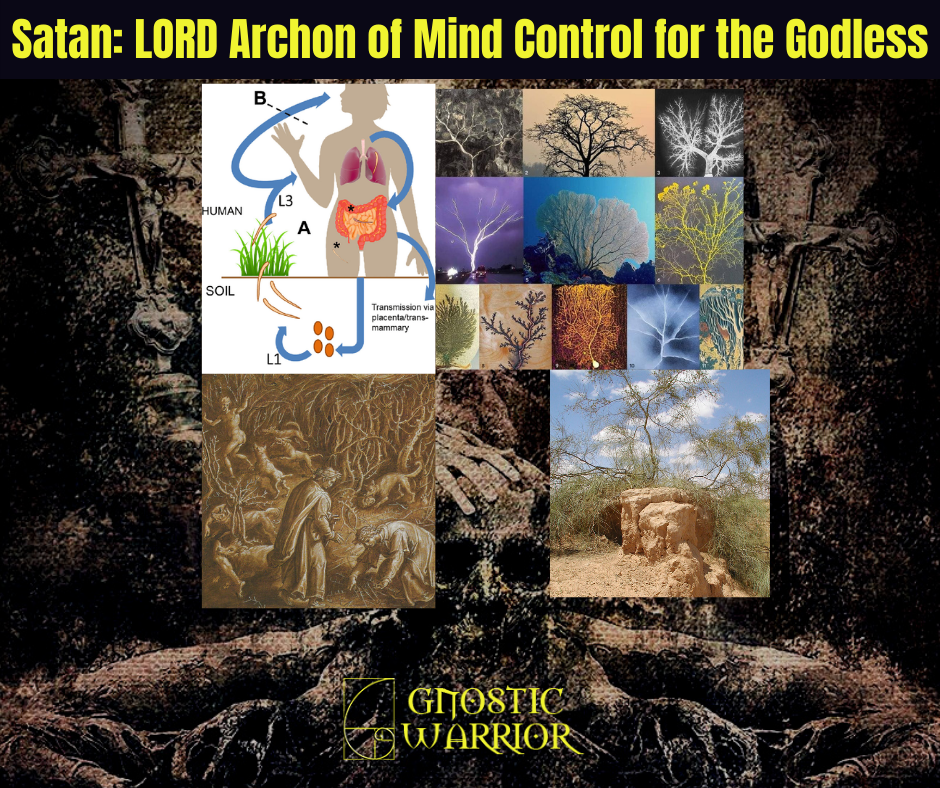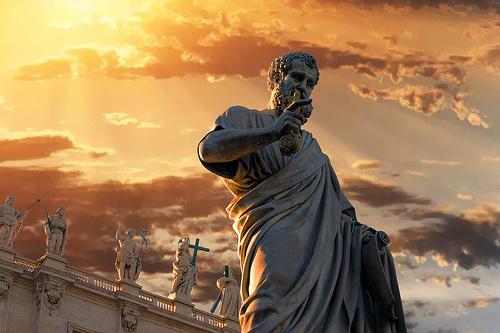There have been many lawgivers who have brought their laws to mankind. Some of the most  famous are the Israelite Prince Moses with his 10 commandments, King Minos of Crete, and Solon of Athens.
famous are the Israelite Prince Moses with his 10 commandments, King Minos of Crete, and Solon of Athens.
There is another influential lawgiver that I would like to bring to your attention to, and that is less known than those mentioned above. He was one of the Seven Wise Men of Greece, and his name is Epimenides (Greek: Ἐπιμενίδης). In many ancient written accounts, he is said to be one of the most famous legislators of his era, and let me point out that he had lived at the same time as that of Solon.
My research has proven that they may in fact be both one in the same person. One being the real name of Epimenides, and the other, Solon the mythological. This was a method of allegorical writing that the Greeks had used to honor, conceal, and immortalize certain key people of their country who had a tremendous influence on their people, laws and history.
During the life of Epimenides, he had completed a work on the laws of Crete. He also had written a treatise on the great lawgiver Minos and Rhadymanthus. Epimenides was simply one of the most well-known lawgivers to his hometown of Knossus (Gnosis) in Crete, and to his Brothers in Athens, Greece to whom he helped purify their city from lawlessness and disease.
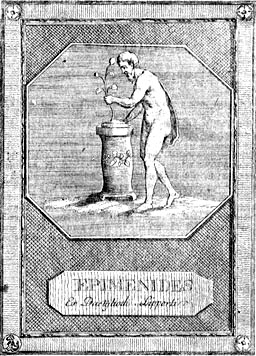 The Cretan prophet and sage had assisted his brothers with the proper methods for the regulation of the Athenian Commonwealth to restore law and order. For his great work, they offered him a talent of gold, but he refused and accepted instead a small branch of the sacred olive tree, and a promise of perpetual friendship between Athens and Knossus (Plutarch, Life of Solon, 12; Aristotle, Ath. Pol. 1).
The Cretan prophet and sage had assisted his brothers with the proper methods for the regulation of the Athenian Commonwealth to restore law and order. For his great work, they offered him a talent of gold, but he refused and accepted instead a small branch of the sacred olive tree, and a promise of perpetual friendship between Athens and Knossus (Plutarch, Life of Solon, 12; Aristotle, Ath. Pol. 1).
I had previously written an article about Epimenides called “The Tattooed Gnostic Messiah,” where I had explained the mythological story of Epimenides. It was said that he had fallen asleep for 57 years in a cave on Mount Ida in Crete which was sacred to Zeus (Jupiter). Upon awakening from his long slumber, he had the gift of prophecy (Diogenes Laërtius i. 109–115). This story of sleeping 57 years in a cave of Jupiter, I believe to be an allegorical myth describing the Gnosis of Epimenides who after 57 years of age, he had reached a state of Gnosis to connect with his higher self (soul and lord), and was then filled with the Holy Spirit.
What today we might call illumination, enlightenment or Gnosis…
Epimenides was considered a prophet, sage, and even a savior to his people on the Holy Island of Crete, and also to his brothers, the Spartans in Athens. Epimenides was a religious man who spent much of his life in his devotions connected with religion. He was a poet who composed several works in verse such as on the origin of the priesthood of Crete known as the Curetes and the Corybantes. He also composed in prose, a treatise on sacrifices. According to some authors, Epimenides died at 157 years of age, and according to others, 299.
After he had died, he was highly venerated like a Saint would be today in the Catholic Church. In fact, his tattooed body and skin were kept as a relic and good luck charm by the ancient Spartans because it was said to reveal “secret things.” They even made sacrifices to him like they would have to the Gods. Some modern scholars have said this is evidence that Epimenides was heir to the shamanic religions of Central Asia, because tattooing is often associated with shamanic initiation.
In the legend of Minos, it is said he was a lawgiver king; and after his death, he became a judge of the dead in the underworld. The 1st century Jewish-Roman historian, Josephus Flavius had said Minos is the only one among the Ancients who deserved to be compared to Moses. Some of these same things were said about Epimenides. Clement of Alexandria had said Epimenides had communicated in the manner which Jehovah conversed with Moses, “ as one speaking with his friend.” He also says the Cretan King Rhadamanthus had become one of the judges of Hades.
Plutarch mentions both Epimenides and Solon were at Athens at the same time, and on friendly terms. He also mentions a work on the laws of Solon, and there was evidently a good understanding. He tells us that Epimenides was almost like a messiah to the Greeks at the time because he had purified Athens and that the only reward he would accept was a branch of the sacred olive, and a promise of perpetual friendship between Athens and Knossos. Plutarch had written;
Epimenides purified Athens after the pollution brought by the Alcmeonidae, and that the seer’s expertise in sacrifices and reform of funeral practices were of great help to Solon in his reform of the Athenian state. The only reward he would accept was a branch of the sacred olive, and a promise of perpetual friendship between Athens and Knossus (Plutarch, Life of Solon, 12; Aristotle, Ath. Pol. 1).
Epimenides is said to be one of the founders of Orphism along with Melampus and Onomacritus. Orphism, or the Orphic mysteries. As I mentioned above, he was also from the priesthood of the Cretan Curetes which would have given rise to Orphism, and then these mysteries gave rise to a famous Gnostic religious sect sometimes known as the Ophites who practiced the ancient Gnostic religion of Jupiter related to many other cults such as the Cult of Dionysus which was one of the first Gnostic religions built on philosophico-religious teachings.
The planet Jupiter was also called several names such as in mythology as Zeus, Minos, Sol and 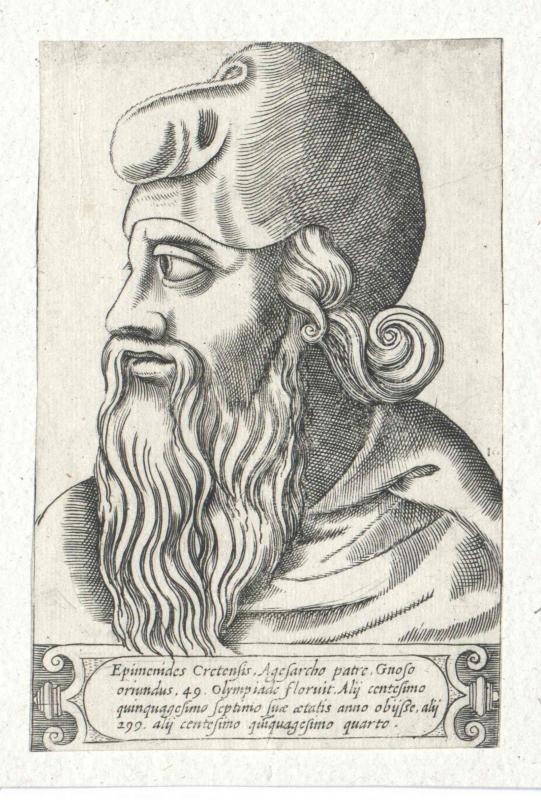 sometimes as Onus of the Egyptians, UR of the Chaldees, and OR (Or-phi.) of the Cretans and Phoenicians. Epimenides was the founder who was venerated as a God being that he was the “Oracle of OR” which meant he was a prophet of Jupiter just like the Israelite Prince Moses was for Yahweh.
sometimes as Onus of the Egyptians, UR of the Chaldees, and OR (Or-phi.) of the Cretans and Phoenicians. Epimenides was the founder who was venerated as a God being that he was the “Oracle of OR” which meant he was a prophet of Jupiter just like the Israelite Prince Moses was for Yahweh.
Their secret society had lasted since the time of Epimenides, existing as late as the 6th century. They held that the serpent by which Eve was tempted was the impersonation of divine wisdom, the great teacher and civilizer of the human race. The Ophites were sometimes called the Sons of Seth, Hivites, Levites, Nephilim, Kohanim, Seraphim, Phoenician Bards, Druids, or simply the Gnostics.
The names Hivi or Hivite, and Levi—signify a “Serpent”; and the Hivites or Serpent-tribe of Palestine, were, like all Levites and Ophites of Israel, initiated Ministers to the temples, i.e.; Occultists, as are the priests of Quetzo Cohuatl. The Gibeonites whom Joshua assigned to the service of the sanctuary were Hivites. (See Isis Unveiled, Vol. II. 481.)” The Father of English History and Doctor of the Church, Saint Bede had said they became attached to the Catholic Church and are known today as the biblical Levites from the priestly Tribe of Levi.
Horace, a Roman lyric poet during the time of Augustus Caesar declared Orpheus (Epimenides) not only tamed fierce animals, but also savage men. He had said; “who instituted for us the most holy mysteries and declared that Justice is seated on the throne of God watching all the actions of mankind.” After Greece and Egypt were conquered by the Romans, the ancient religion of the Gnostics and the Orphic serpent mystery cults were enveloped under a veil of secrecy with the development of other cults such as Mithraism, Eleusinian mysteries, and the cult of Sol Invictus.
In addition to all of these similarities with Solon, Epimenides had lived at the same time as the mythical Solon. The purification of Athens by Epimenides is generally assigned to B.c. 596 — 5, shortly before the archonship of Solon in 594.
Here is a quote from Solon to end this article:
“In the day of vengeance, dark Earth, mightiest mother of the gods of Olympus, will be my surest witness of this, Solon’s account from whom I removed pillars planted in many places, and whom I freed from her bonds. Many citizens, who had been sold into slavery under the law or against it, I brought back to Athens their home; some of them spoke Attic no longer, their speech being changed in their many wanderings. Others who had learnt the habits of slaves at home, and trembled before a master, I made to be free men. All this I accomplished by authority, uniting force with justice, and I fulfilled my promise.”

Moe is the founder of GnosticWarrior.com. He is a father, husband, author, martial arts black belt, and an expert in Gnosticism, the occult, and esotericism.

